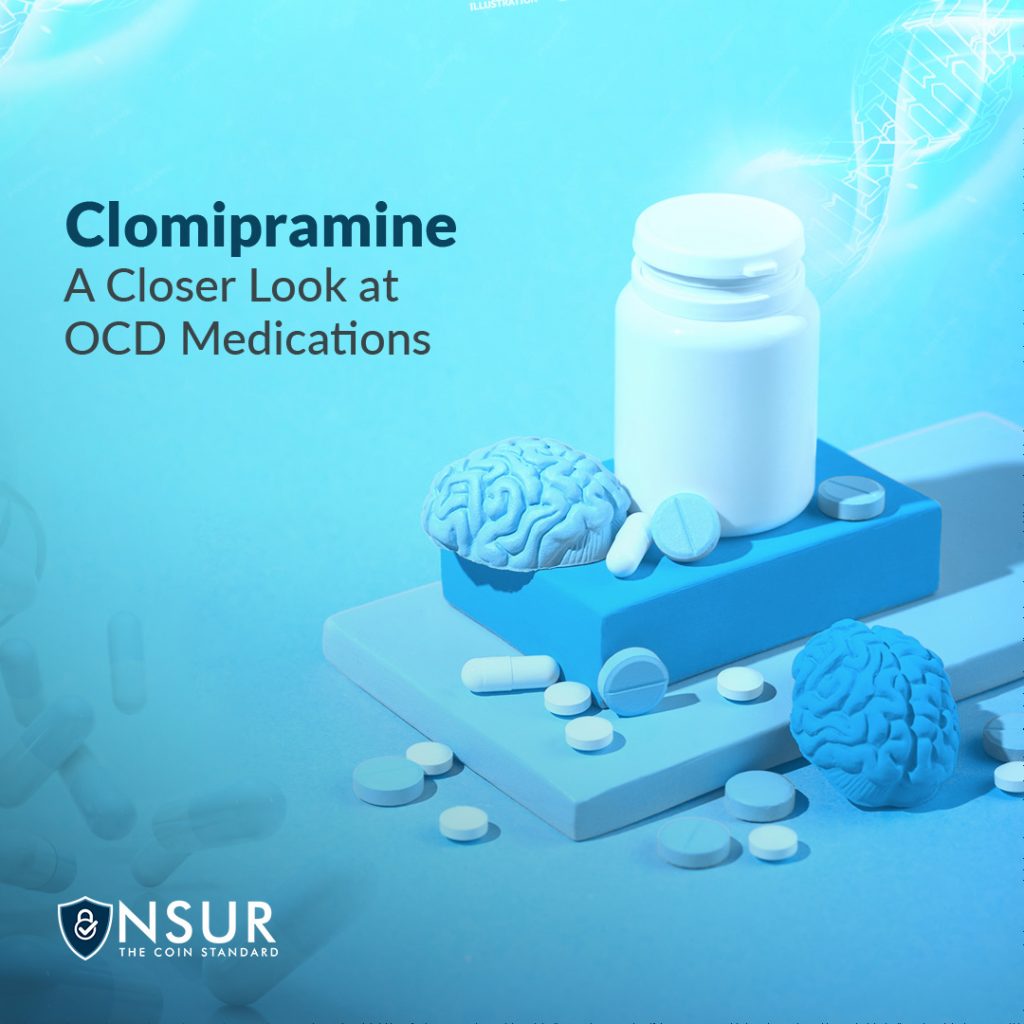
When discussing treatments for Obsessive-Compulsive Disorder (OCD), a prevalent mental health condition affecting millions worldwide, one cannot overlook Clomipramine, a medication that has stood the test of time. This article delves into the intricacies of Clomipramine, its role in managing OCD, and its position among other treatment options.
Understanding OCD and Its Challenges
Before exploring Clomipramine’s significance, it is essential to grasp what OCD entails. OCD is a disorder characterized by recurrent, unwanted thoughts (obsessions) and/or repetitive behaviors (compulsions). These symptoms can be debilitating, significantly impacting daily functioning and quality of life.
Clomipramine: A Brief Overview
Clomipramine, marketed under the brand name Anafranil, is a tricyclic antidepressant (TCA). It was one of the first medications approved by the FDA for treating OCD. Despite the development of newer drugs, Clomipramine remains a vital tool in the therapeutic arsenal against OCD.
How Does Clomipramine Work?
The exact mechanism by which Clomipramine alleviates OCD symptoms is not fully understood. However, it is believed to work by increasing the levels of serotonin, a neurotransmitter, in the brain. Serotonin plays a crucial role in mood regulation, and its imbalance is linked to OCD. By inhibiting the reuptake of serotonin, Clomipramine enhances its availability, thereby helping to reduce the symptoms of OCD.
Clomipramine vs. SSRIs: A Comparative Perspective
While Selective Serotonin Reuptake Inhibitors (SSRIs) are often the first-line treatment for OCD, Clomipramine has its unique place. SSRIs, such as Fluoxetine (Prozac), Sertraline (Zoloft), and Paroxetine (Paxil), are generally preferred initially due to their more favorable side effect profile. However, for some individuals, SSRIs may not be effective enough, and this is where Clomipramine steps in.
Studies have shown that Clomipramine can be more effective than SSRIs for certain individuals with OCD, especially in more severe cases. Its potency, however, comes with a trade-off in the form of more pronounced side effects.
Understanding the Side Effects
The side effects of Clomipramine can be more significant than those of SSRIs and include drowsiness, dry mouth, constipation, dizziness, and weight gain. In rare cases, it can cause more severe effects like cardiac abnormalities. Therefore, it’s crucial for patients and their healthcare providers to closely monitor these potential side effects.
Dosage and Administration
Clomipramine is typically started at a low dose, which is gradually increased to minimize side effects. The effective dose varies among individuals, and finding the right balance can take time. Patience and open communication with a healthcare provider are key during this process.
The Role of Clomipramine in Long-Term Management of OCD
Managing OCD is often a long-term challenge. While Clomipramine can be highly effective, it’s important to consider it as part of a broader treatment plan. Cognitive-Behavioral Therapy (CBT), particularly Exposure and Response Prevention (ERP), is also a crucial element of effective OCD treatment.
Take advantage of NSURx for your prescription drugs!
With the NSURx Prescription Benefit Card, you can save money on your medications at more than 35,000 pharmacies across the United States.
You can save up to 80% on your medication by using an NSURx card. Hundreds of dollars in savings could be yours every time you fill out your prescription.
The more you shop with NSURx, the more NSUR Coins you will receive as a reward.
Final Thoughts
Clomipramine remains a significant option in the treatment of OCD, particularly for those who do not respond adequately to SSRIs. Its potential side effects necessitate careful consideration and management, but for many, the benefits can be life-changing.
OCD is a complex and often challenging disorder, but with the right combination of medication, therapy, and support, individuals can achieve significant improvements in their symptoms and quality of life. As research continues and treatment approaches evolve, the role of medications like Clomipramine will continue to be refined, helping those affected by OCD to lead fuller, more manageable lives.
Disclaimer
This blog post is intended for informational purposes only and should not be considered a substitute for professional medical advice. Always consult with a qualified healthcare provider for personalized recommendations and guidance.











